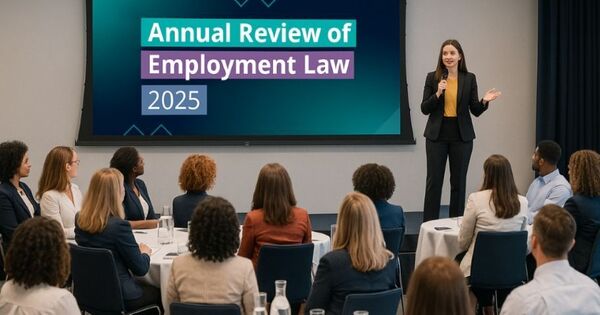Jason Elliott was called to the Bar of Northern Ireland in 2013 and is the Associate Head of School of Law at Ulster University. As a practising barrister, he has developed a largely civil practice representing individuals, companies and public bodies in litigation. This covers a wide range of areas including personal injuries, wills and employment law. In terms of employment law, he has represented both applicants and respondents in the Industrial Tribunal. At Ulster University, Jason lectures extensively on the civil areas of practise such as Equity and Trusts and delivers employment law lectures for both undergraduate and postgraduate students.
Appeal dismissed on the basis that there were no errors of law found, and it was not for the Court of Appeal to reopen the facts as determined by the Tribunal.
The claimant was employed from October 2015 as a Bus/Coach driver. The contract of employment outlined that the hours of work would vary depending on the needs of the business. There were a series of issues largely relating to some comments made within the workplace with the claimant being referred to as a ‘timebomb’ which he alleged related to his mental health and depression. There were also other claims relating to changes in the work pattern and how it led to an unlawful deduction from wages and changes being made were discriminatory on the basis of disability.
At first instance, the Tribunal acknowledged that there was some history and complexity with the range of claims that were being brought. However, in terms of all the issues raised it was found that there were none that met the threshold of demonstrating a cause of action such as disability discrimination. The claimant appealed to the Court of Appeal.
McCloskey LJ giving the judgment for the Court of Appeal found that the written and oral submissions made by the appellant did not advance any grounds which demonstrated that there was an error of law. It was explained that the threshold to be overcome in demonstrating an error was an elevated one and it was not for the Court of Appeal to examine the factual findings of the finder of primary fact (the Tribunal). As a result, the appeal was dismissed.
It was interesting that there were a range of cases referred to in the judgment arising from the Industrial Tribunal in which appellants sought to open the factual issues at the Court of Appeal. This may be due to the lack of funding for Tribunal actions and the extent to which there are litigants in person – however – it should be noted that where an appeal is being lodged that there is that elevated threshold and it is not the role of the Court of Appeal to enter into an examination of the factual background or to displace the factual findings of the Tribunal.
Continue reading
We help hundreds of people like you understand how the latest changes in employment law impact your business.
Please log in to view the full article.
What you'll get:
- Help understand the ramifications of each important case from NI, GB and Europe
- Ensure your organisation's policies and procedures are fully compliant with NI law
- 24/7 access to all the content in the Legal Island Vault for research case law and HR issues
- Receive free preliminary advice on workplace issues from the employment team
Already a subscriber? Log in now or start a free trial
 Postgraduate Certificate in NI Employment Law and Practice
Postgraduate Certificate in NI Employment Law and Practice



